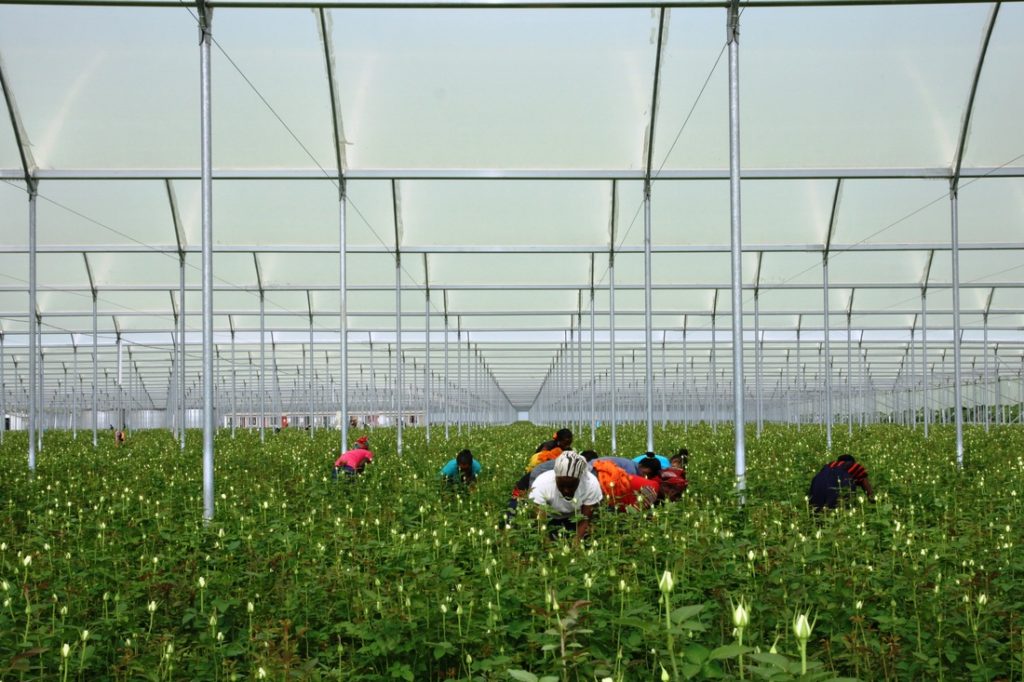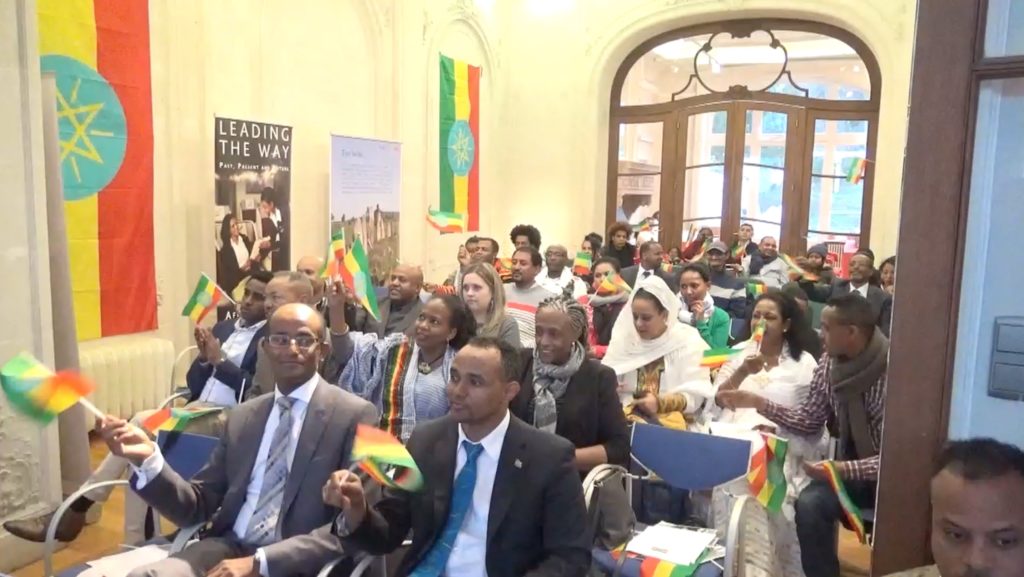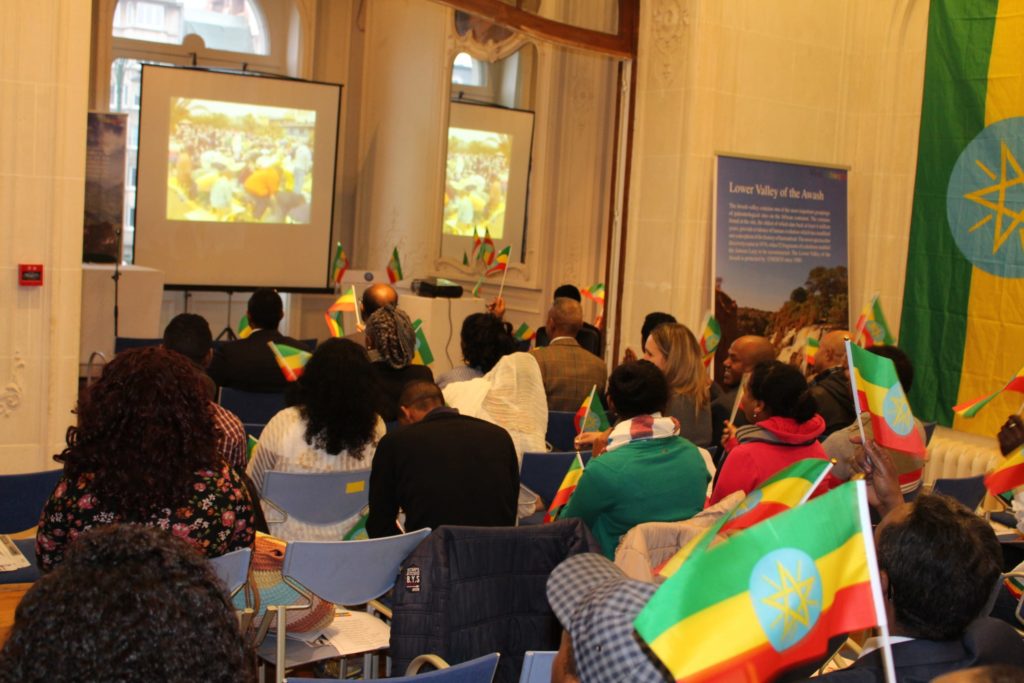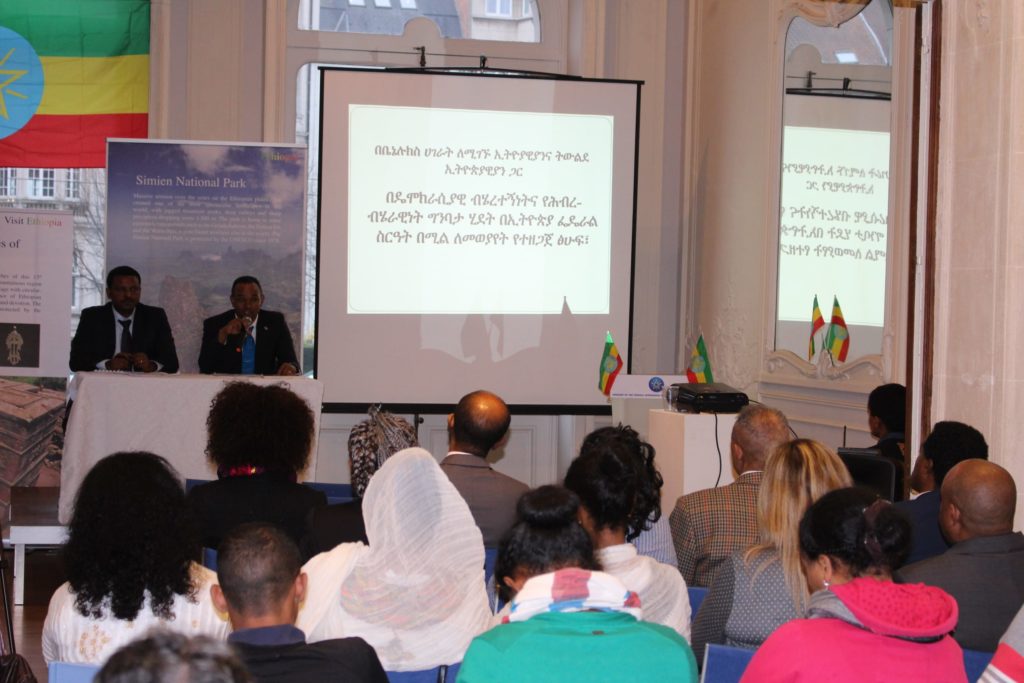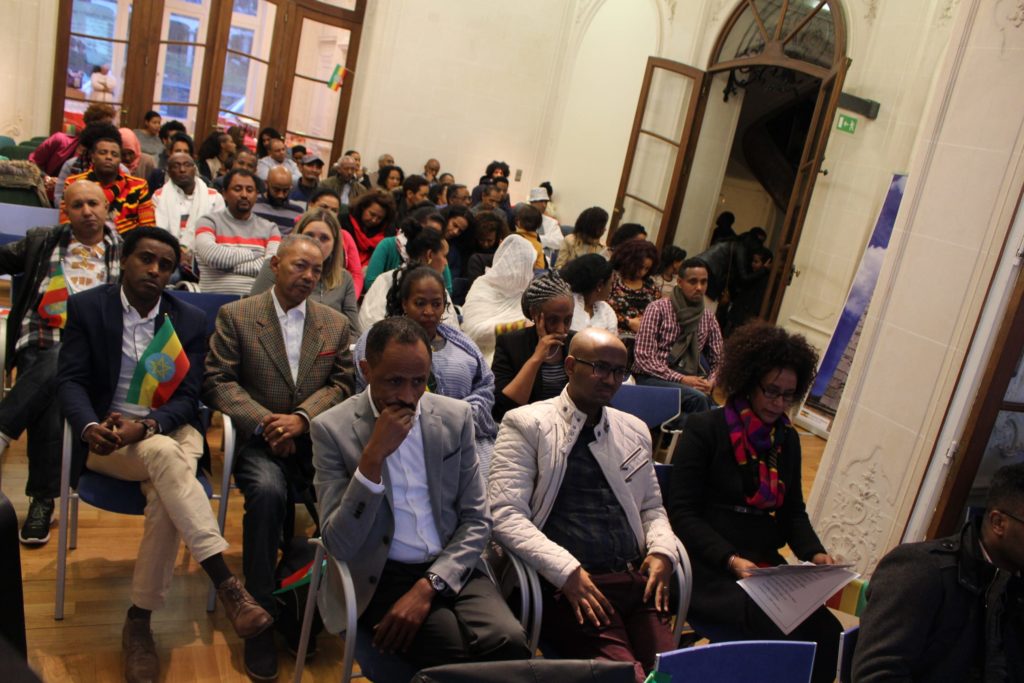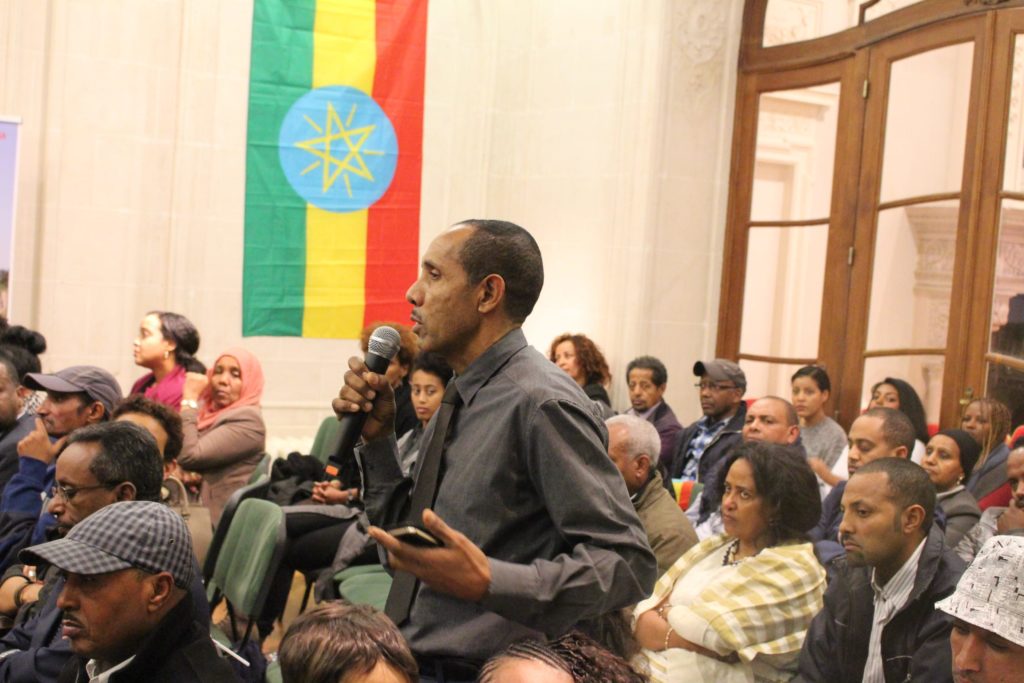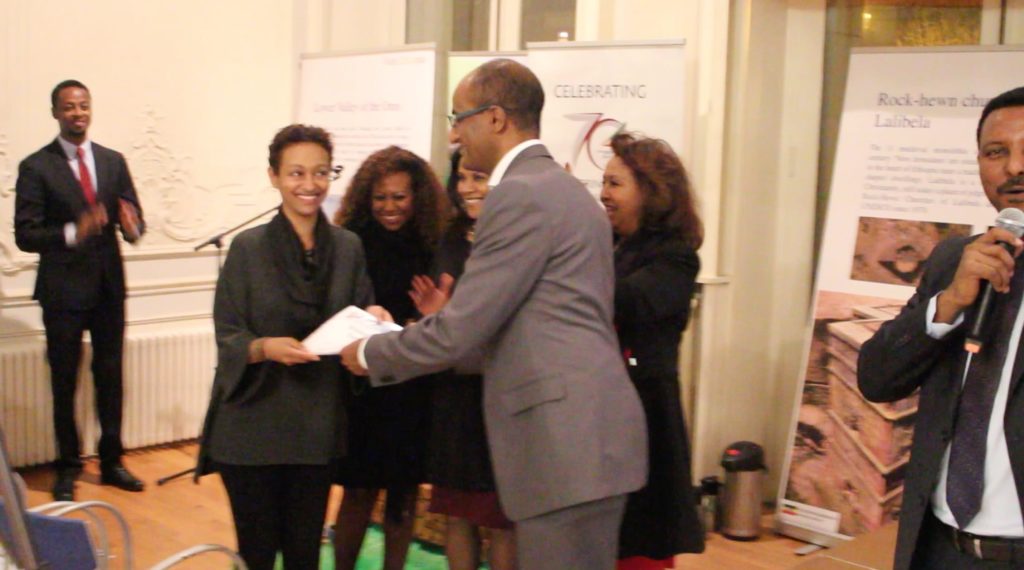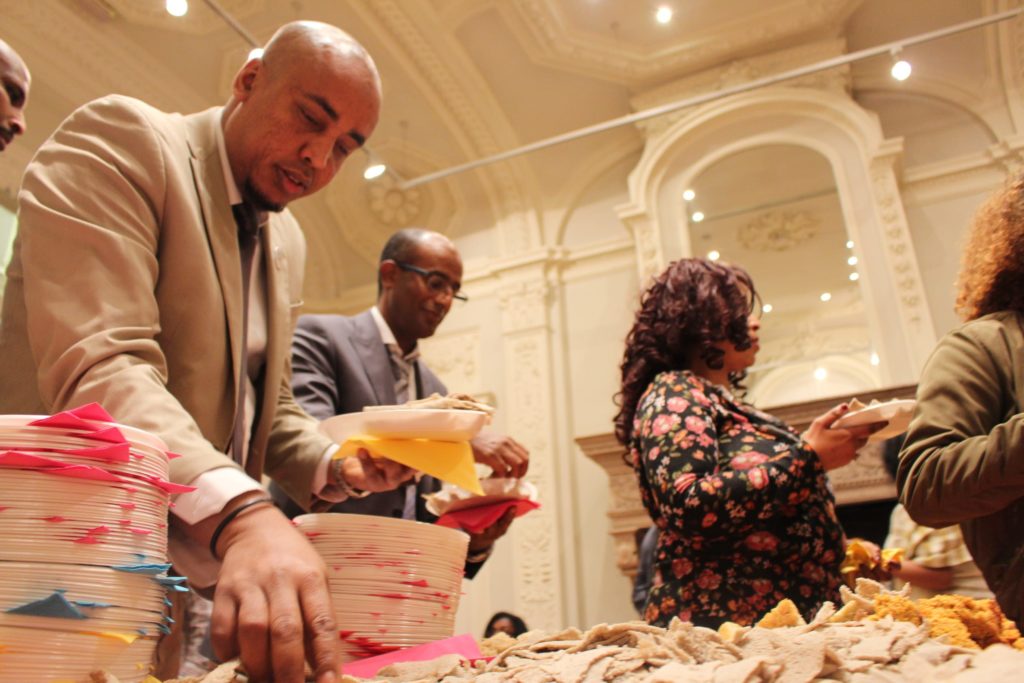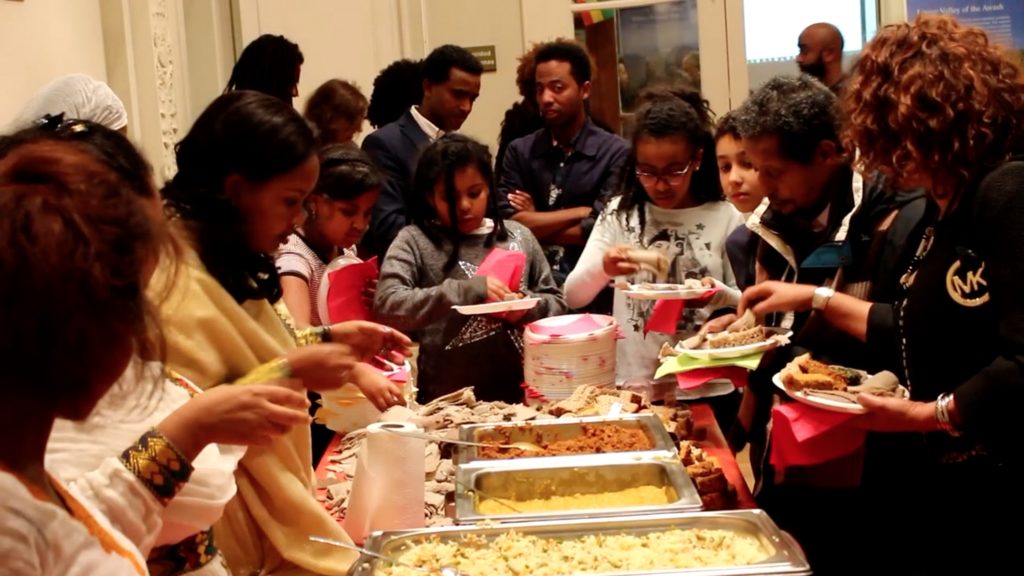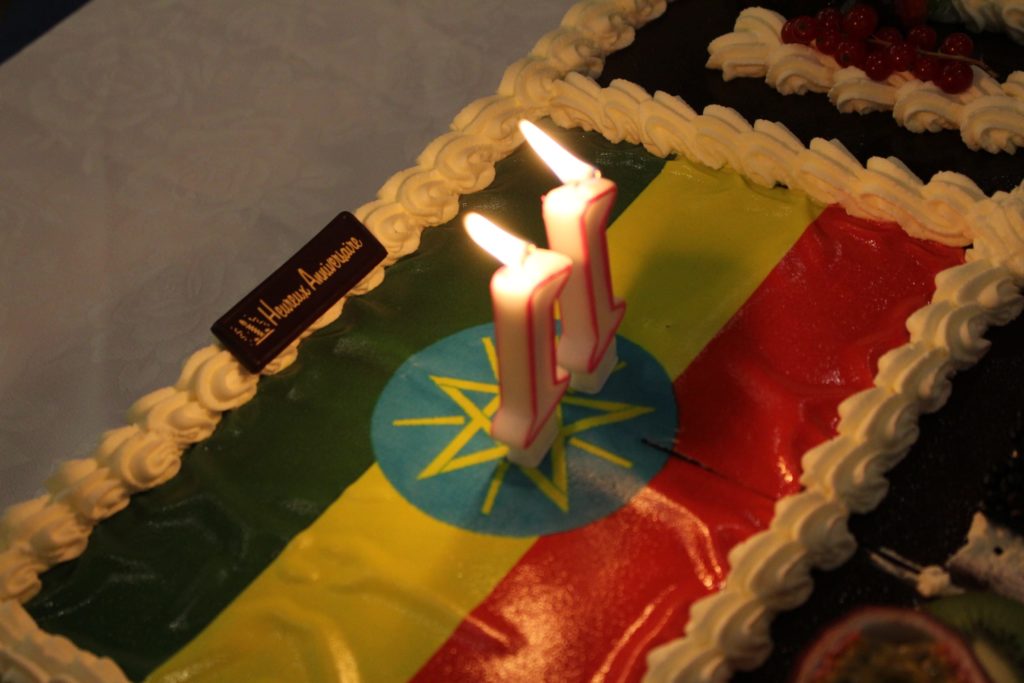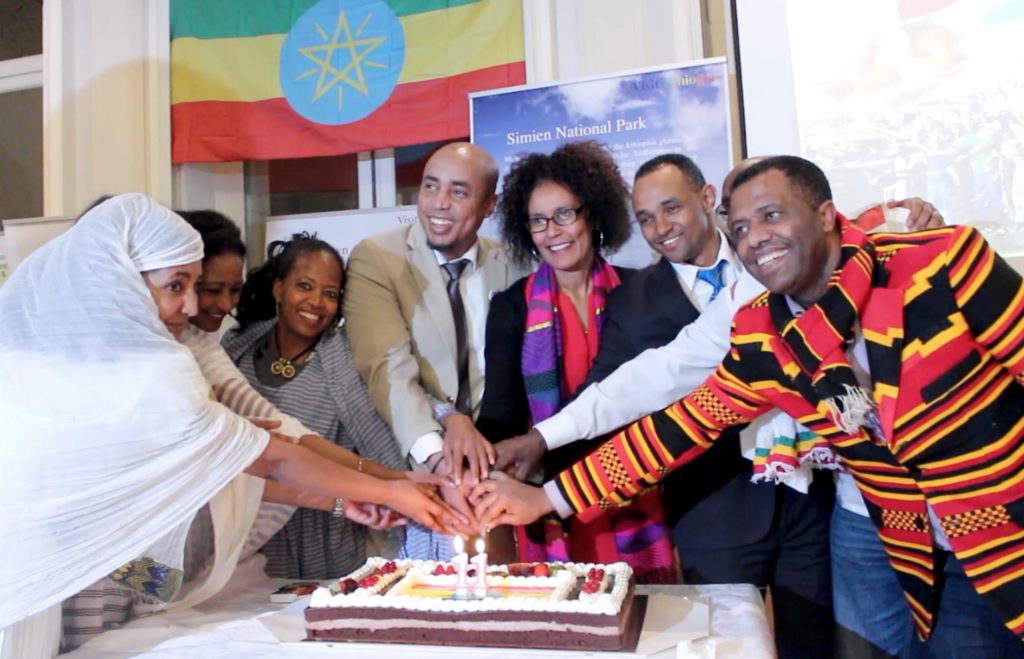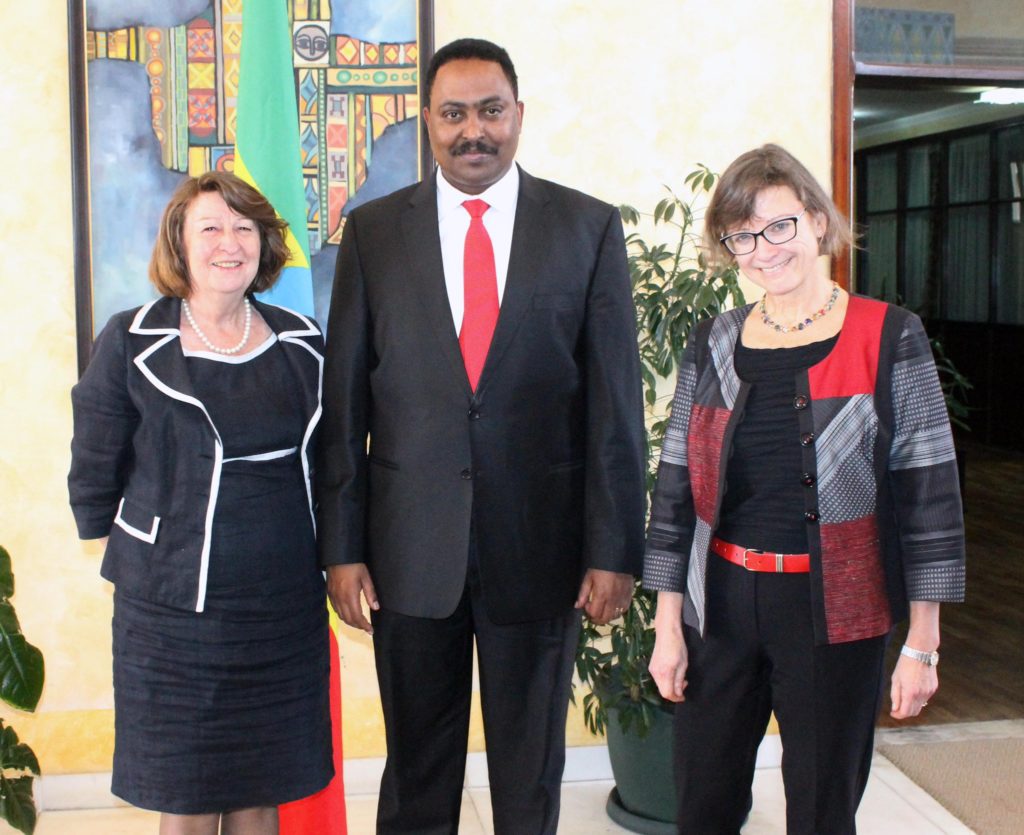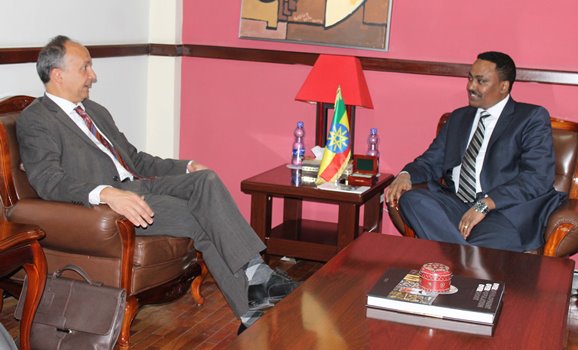 Ambassador of France to Ethiopia, Ambassador Frédéric Bontems who met with Foreign Minister Dr. Workneh Gebeyehu today (January 3, 2017) underlined that Ethiopia’s role in promoting regional peace and stability is irreplaceable, adding that it’s important to have Ethiopia on board on various international issues.
Ambassador of France to Ethiopia, Ambassador Frédéric Bontems who met with Foreign Minister Dr. Workneh Gebeyehu today (January 3, 2017) underlined that Ethiopia’s role in promoting regional peace and stability is irreplaceable, adding that it’s important to have Ethiopia on board on various international issues.
The two sides discussed at length on bilateral and regional as well as international issues of mutual interest.
Ambassador Frédéric Bontems congratulated Foreign Minister Dr. Workneh for his post as the Foreign Minister of the Federal Democratic Republic of Ethiopia.
The Ambassador also congratulated Ethiopia since it has officially begun its two year term as non-permanent member of the United Nations Security Council as of January 1st, 2017.
France, the Ambassador said would further work in concert with Ethiopia on areas of development and climate change, while also noting that the two countries will continue to work closely and enhance wider partnership through the annual bilateral consultation.
Describing France as a dependable friend of Ethiopia, Foreign Minister Dr. Workneh emphasized that Ethiopia and France will further enhance the already excellent cooperation, adding that Ethiopia is keen to work with France at the UNSC.
The Foreign Minister assured the French Ambassador that Ethiopia will further strengthen its ties with France in a range of sectors, including energy, aviation, UNSC platforms and other international forums in the years ahead.
The two sides further discussed on ways of exploring areas of cooperation in light of the ‘France-Africa Forum’ due to be held in Bamako, Mali, in May 2017.
Source: MFA Ethiopia
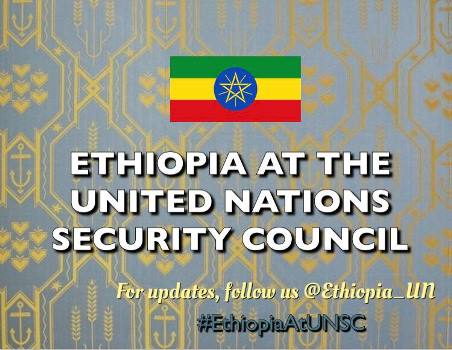 Ethiopia has officially begun its two-year term as a non-permanent member of the United Nations Security Council (UNSC) on January 02, 2017.
Ethiopia has officially begun its two-year term as a non-permanent member of the United Nations Security Council (UNSC) on January 02, 2017.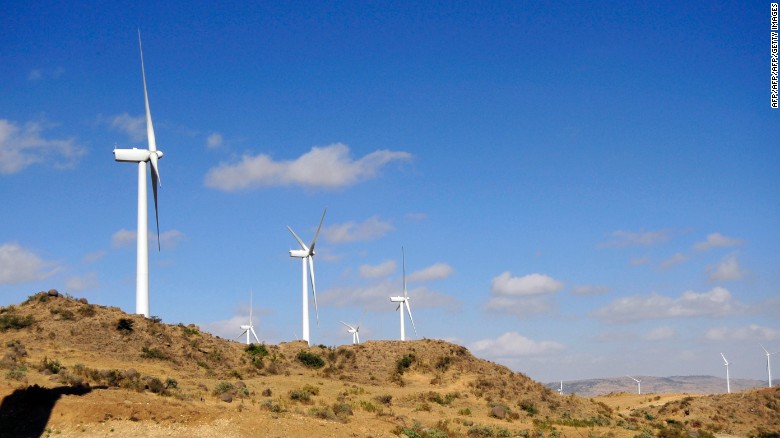 After a decade of rapid growth, Ethiopia’s bubble is not bursting.
After a decade of rapid growth, Ethiopia’s bubble is not bursting.